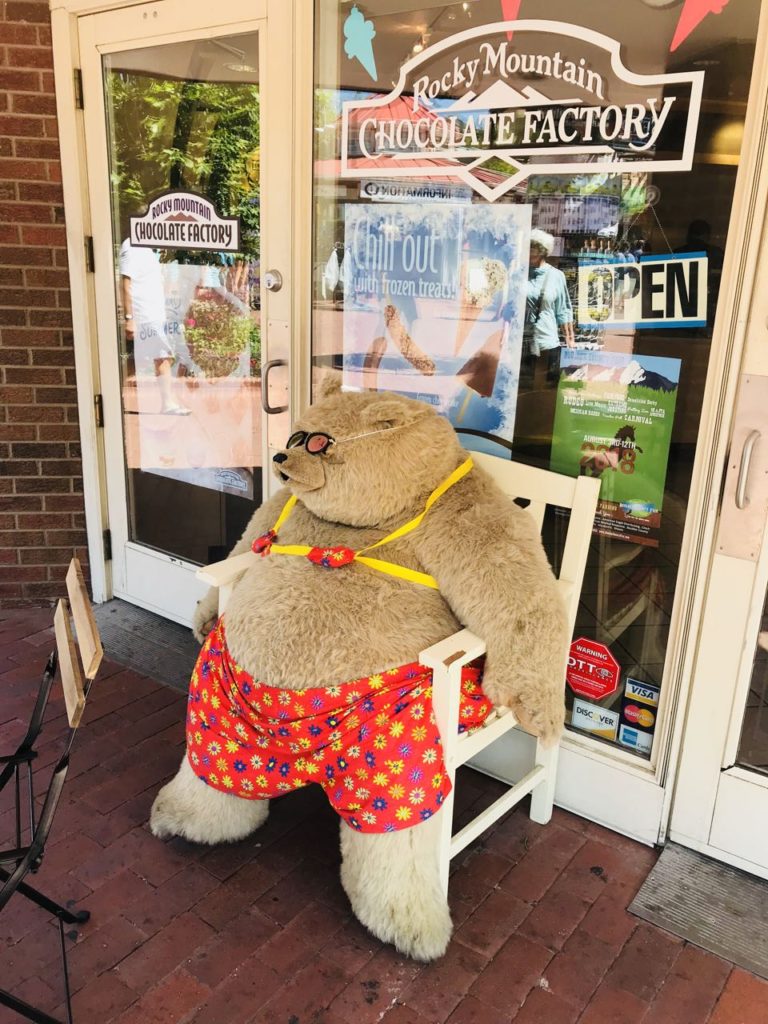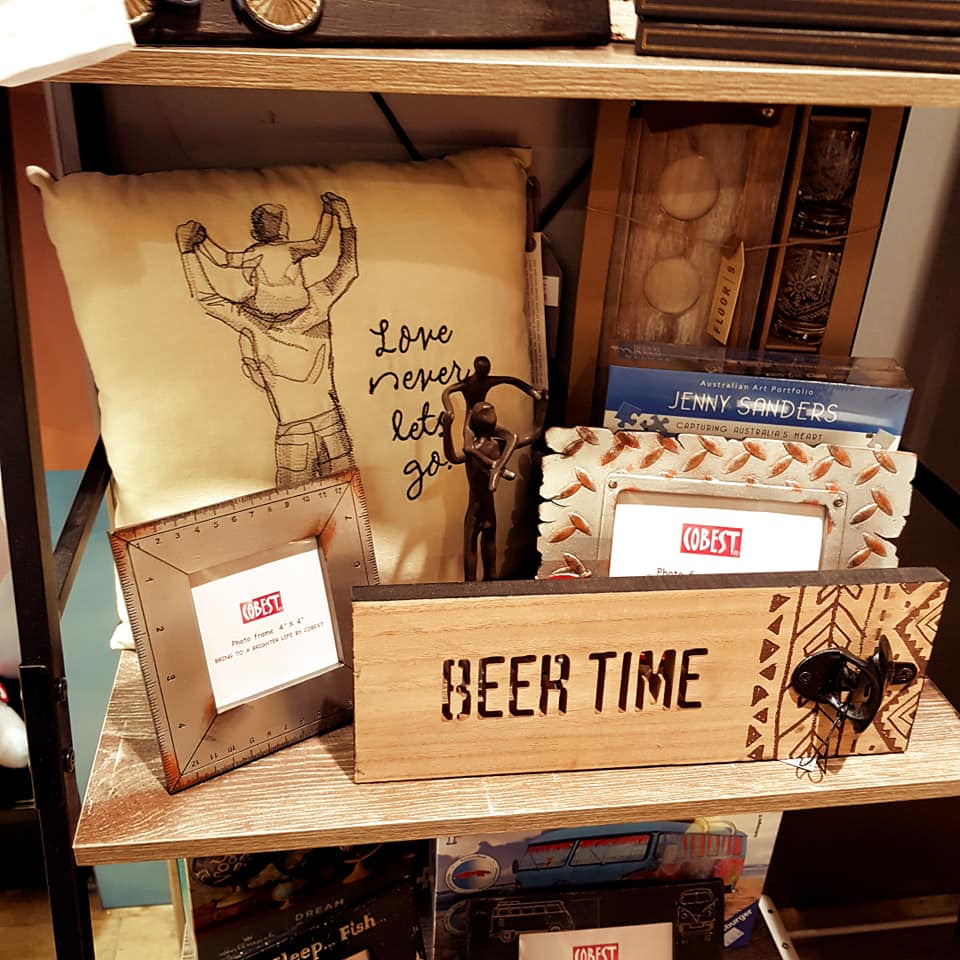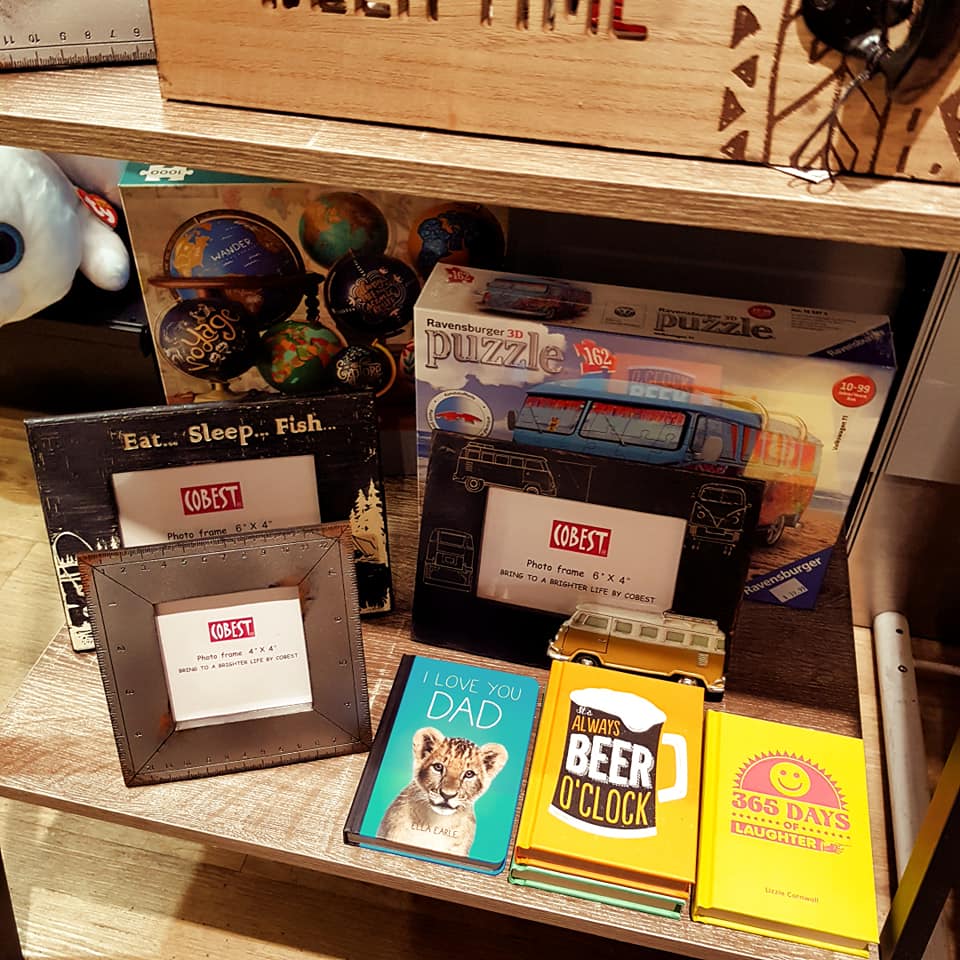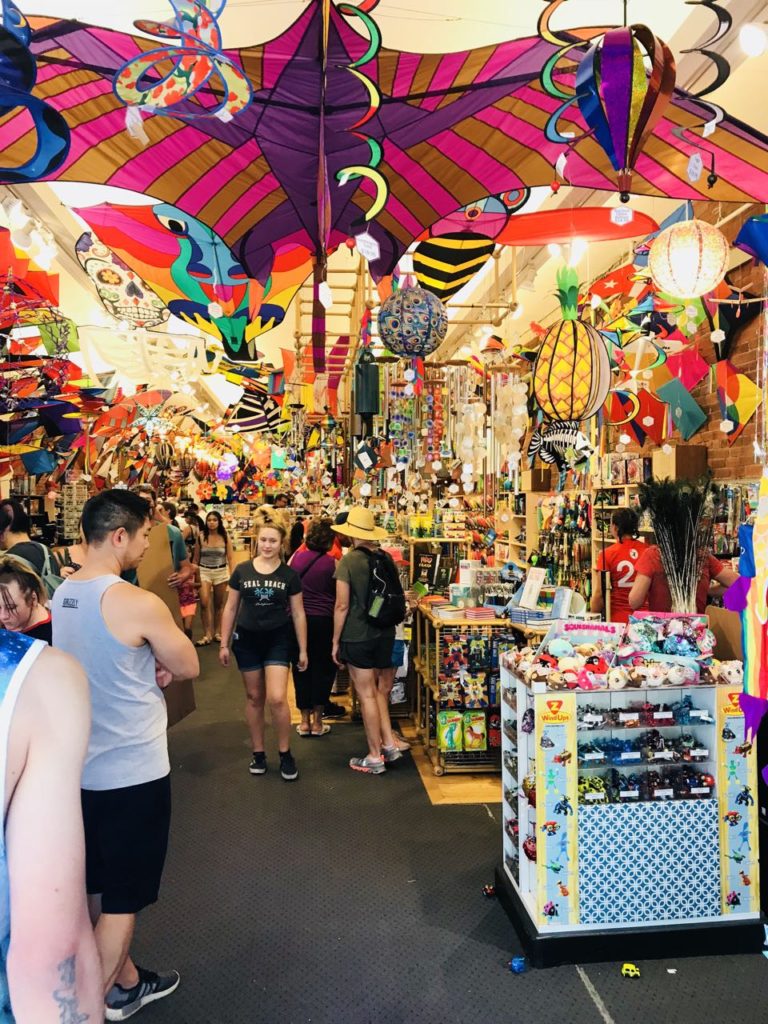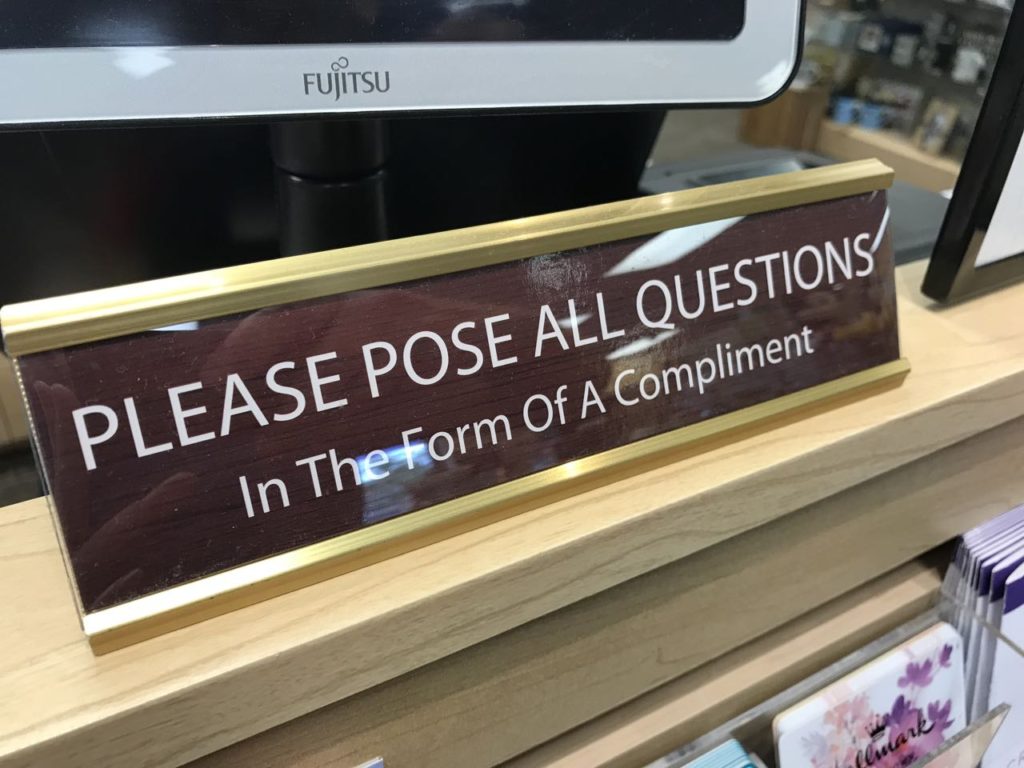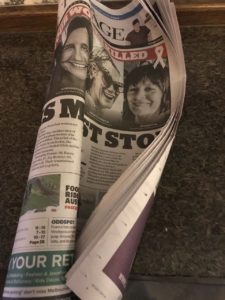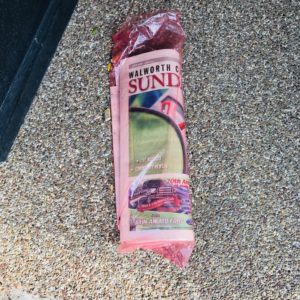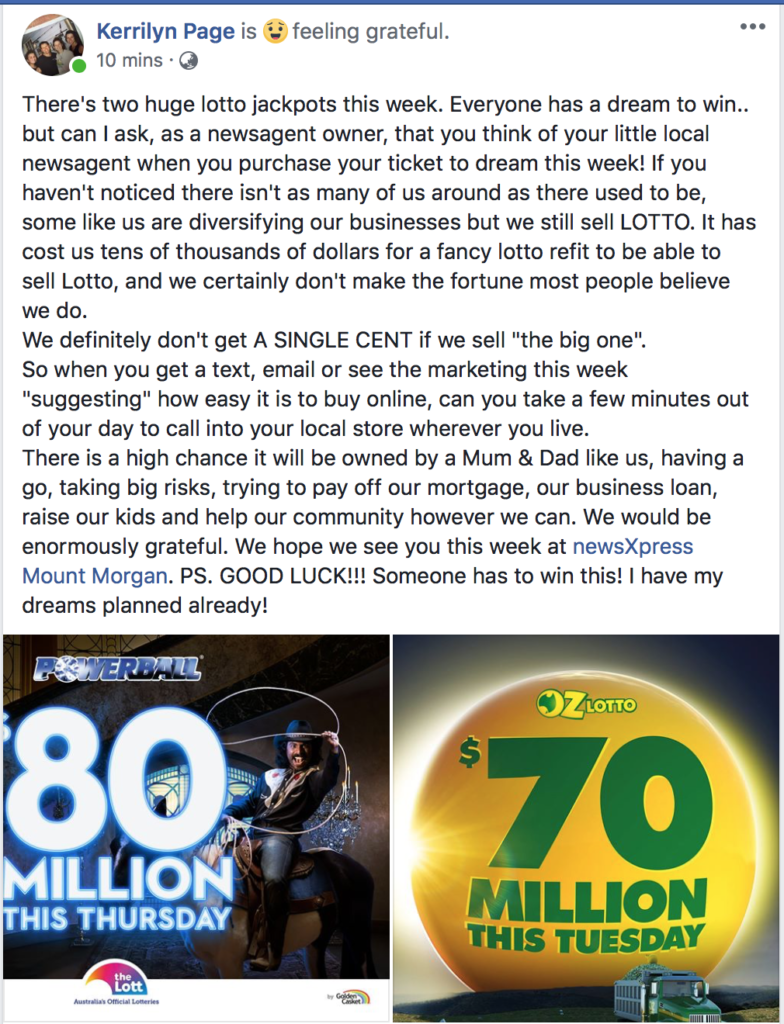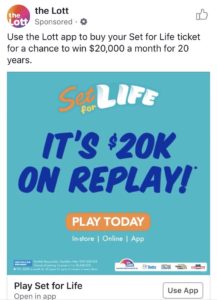The core category challenge continues for retail newsagencies while new categories grow.
This newsagency sales benchmark study reflects sales results as tracked in 153 retail newsagency businesses in Australia for the April through June quarter of 2018 compared to the same period in 2017.
Only businesses with accurate data are included in the study. There is no banner group dominance, nor is there city over country dominance.
In collating data, I remove businesses at the extremes where other factors are at play such as major construction or a newsagency in a centre with two newsagencies where one closed and thereby giving an unnatural boost to the other.
Each data point is the average, mean, of all data for the data point.
In assessing results at the category level, I have only included data for each category businesses trading in that category.
OVERALL BUSINESS PERFORMANCE METRICS.
- Customer traffic. Down 4%
- Overall sales. Down 3.5%
- Basket depth.
- Basket dollar value.
CORE PRODUCTS.
- Newspapers. Unit sales. Down 8.5%.
- Magazines. Unit sales. Down 8%.
- Greeting cards. Revenue. Down 4%.
- Stationery. Revenue. Down 10%
- Lotteries. Revenue. Flat.
- Tobacco. Revenue. Down 16%.
- Agency. Parcels, gift cards, betting account top-up. Down 6%.
SPECIALTY PRODUCTS.
- Gifts. Revenue. Down 5%.
- Toys. Revenue. Up 6%.
- Plush. Revenue. Up 3%.
- Collectibles. Revenue. Up 3%.
- Craft. Revenue. Up 2%.
- Coffee. Revenue. Up 15%.
What does this mean?
It was a tough quarter on all fronts. While there certainly are businesses achieving excellent growth, too many are not and this impacts the results.
My take is that the decline in traffic the core of papers, magazines, stationery and tobacco is not sufficiently being replaced with new traffic. While some newsagents are well engaged in pursuing new traffic, the majority are not.
I don’t think there is sufficient attention on basket depth and basket value. These are important metrics.
Another point from this latest study relates to gifts. It is unhelpful to group all gifts together when I do know of considerable diversity in the products placed in this category. For example, one store has in gifts cheap china product while another shop has high value collectible pieces. How retailers categorise the products is up to them. I can only assess based on their categorization.
I want to comment on greeting cards. In the benchmark dataset, I can see sales data for all the major card companies. The overall, disappointing, performance I note is not isolated to one company over others.
I am concerned that I am seeing a sales performance trend for cards in newsagencies that requires attention. While the first response to this by some newsagents will be to demand card companies act, I think the most important and immediate action will come from newsagents.
Newsagents have given over their card departments to card companies for too long. I think we need to exert control on the placement of cards in our shops. While a destination card department is important, we need to pitch cards to all shoppers. This needs to be done by us thoughtfully, creatively and energetically.
I think all newsagents need to act on cards rather than standing by and watching. You only need look at Coles to see their engagement with the category. Their changes started over a year ago and they continue today. Their pitching of cards outside the department continues because it works. We can learn from this.
We need to be proactive when it comes to cards. It is an important category for us. There is only upside available for us from being proactive.
The occupancy cost challenge – a note for landlords.
Landlords want newsagency businesses in their retail mix. They want the store with papers, magazines, lotteries and other core items for the channel. Often, they restrict the space available for non-core, imposing a low gross profit model on businesses, thereby increasing occupancy cost.
Newsagencies today cannot sustain occupancy costs of more than 15% … where occupancy cost the ratio of retail space cost to product revenue lus agency commission. The goal must be 11% for the business to be profitable and able to serve the usual level of debt needed for such a business.
Landlords need to be aware of the changes in product mix, the challenges of low-margin core products and restrictions they place on what businesses can sell. They need to be flexible on rent so newsagency businesses can be sustained and thereby provide the service they want in their centre.
If landlords want a newsagency business they need to price the space to reflect the nature of a sustainable business in that location rather than any premium rent they could get from a retailer with higher margins.


